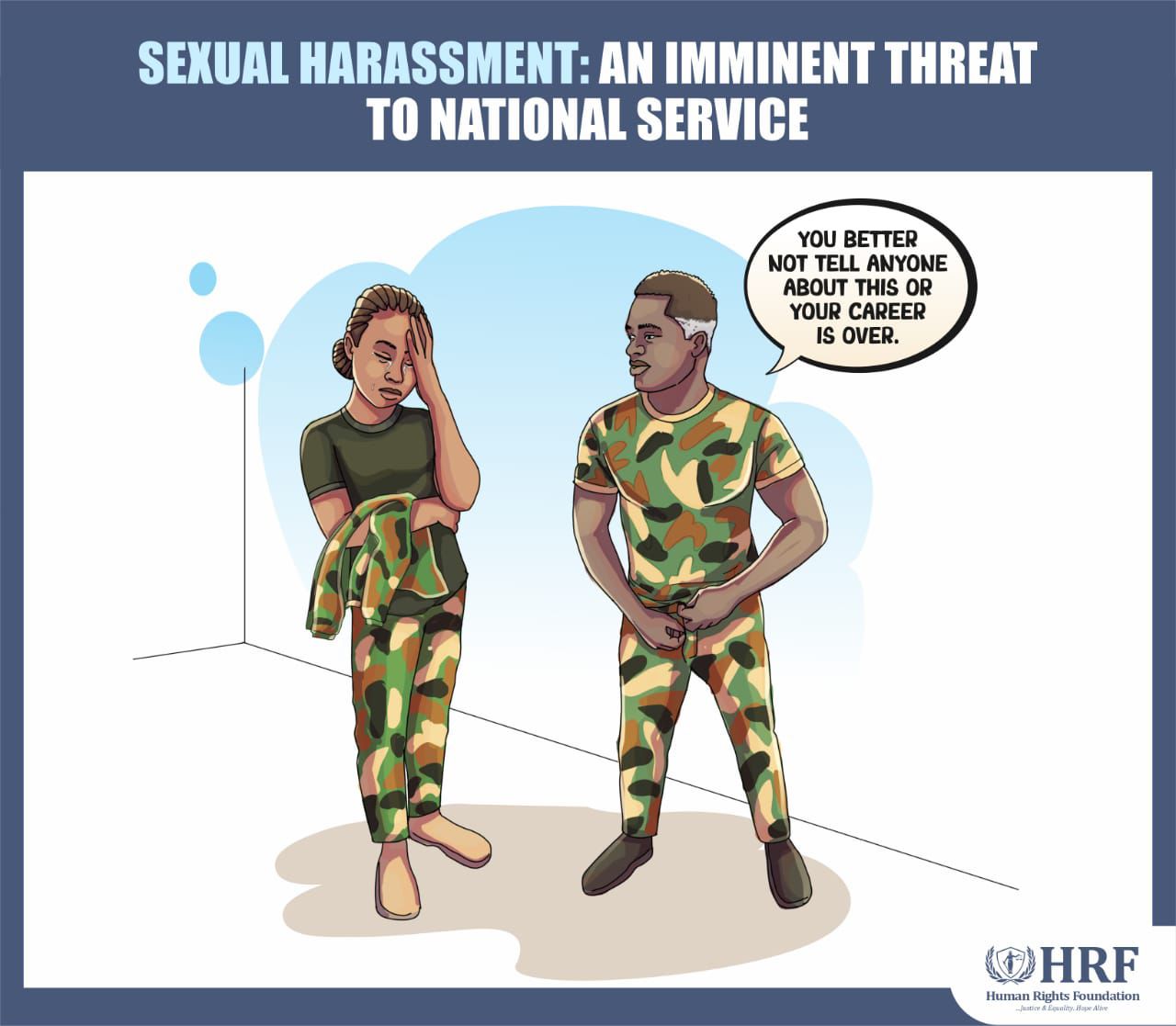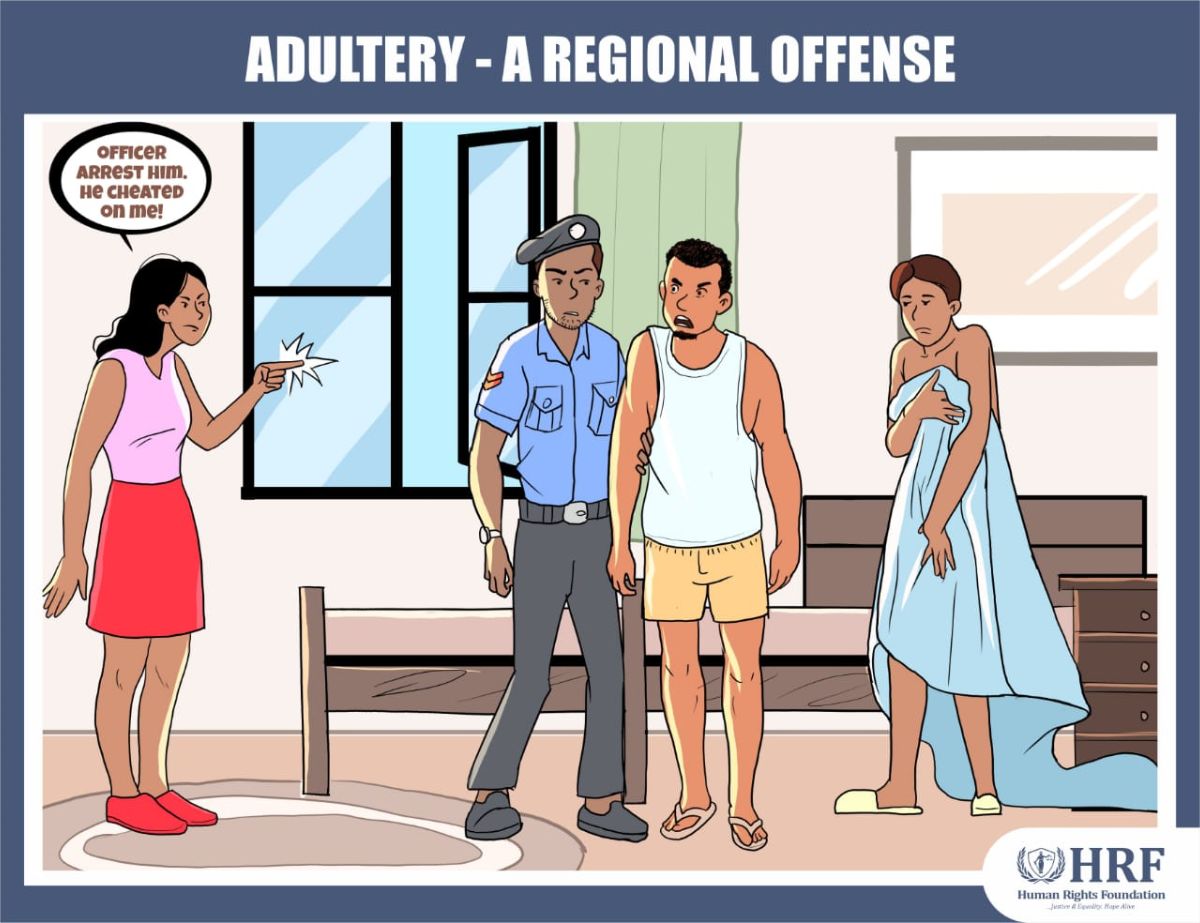
Allegations of sexual harassment have been on the rise in Nigeria recently. The sad story of female personnel of the Air Force, Beauty Uzezi, who was gruesomely raped by her superior and dismissed from service, and the cases of Ruth Ogunleye and Corporal Philomena Nnamoko, who were allegedly dehumanized and detained by senior officers of the Nigerian Army for refusing to succumb to their sexual advances has brought to limelight the ordeals of female soldiers in Nigeria, reported THIS DAY.
Sexual harassment is defined as involving the use of explicit or implicit overtones, including unwelcome and inappropriate promises of rewards in exchange for sexual favors.
Sexual harassment has a negative impact on the dignity of the human person as it violates their right to respect, autonomy, and self-worth. Sexual harassment causes psychological, physical, and emotional harm such as stress, anxiety, depression, low self-esteem, fear, anger, shame, and isolation. This is a violation of the human right to dignity.
Section 34 of the 1999 Constitution of the Federal Republic of Nigeria provides that;
Every individual is entitled to respect for the dignity of his person and, accordingly -
(a) no person shall be subjected to torture or inhuman and degrading treatment.
(b) no person shall be held in slavery or in servitude;
(c) no person shall be required to perform force or compulsory labour.
Harassment of any form is a degrading treatment. The right to dignity of the human person, as guaranteed by the constitution, ought to be given a broad interpretation by the courts in Nigeria to protect the inherent worth and value of every human being.
The Constitution prohibits any act or practice that violates or degrades a person in any form, whether physically, mentally, or emotionally.



.jpg)
0 Comments